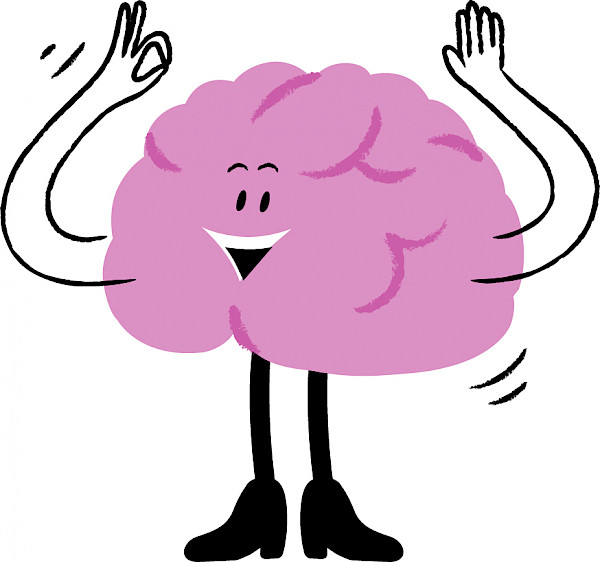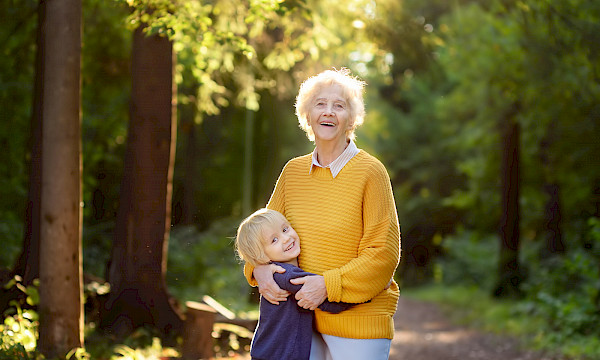Koko Suomen vanhempainilta tiistaina 27.5. klo 18 Yle Areenalla
Published on

- Event

Brain health is Finland’s shared capital. The brain regulates the functioning of a person’s entire body. The brain is responsible for behaviour, emotions, information processing, and the regulation of all of these. No more, no less.
In October 2021, The Finnish Brain Association (Aivoliitto ry) began preparations for a national brain health programme in collaboration with an extensive group of experts. The programme examines brain health through the operating environments of three age groups (children and young people, people of working age, and seniors).
The preparation of the programme is steered by a proactive approach with emphasis on protective factors, and effectiveness, and it is thereby unique on a global scale. The new perspective on brain health covers brain wellbeing and functional ability.

NEW! To protect the brain health of children and youth, new research-based screen time recommendations have been published for children, youth and adults.
Published on

Published on

Published on

Taking care of brain health ensures a peaceful growth and creates the conditions for lifelong well-being. In children and young people, the brain undergoes a tremendous process of development and shaping, and not all brain functions have yet fully matured to the level they will reach in adulthood. Therefore, it is important to provide a peaceful environment for brain maturation, support the normal age-related developmental tasks of the brain and the individual, and especially facilitate the development of stress-regulation mechanisms during childhood and adolescence.
Read more about the programme's goals for the brain health of children and young people.

Caring for brain health supports workability and mental well-being while preventing brain diseases and exhaustion. The information society poses various challenges to our brains in learning, work, and leisure environments, as well as in services. Balancing the load and recovery is crucial in supporting brain health across all age groups, but becomes particularly emphasized in the working-age population, especially amid the pressures of work or unemployment and family responsibilities.
Read more about the programme's goals for the brain health of the working-aged people.

Taking care of brain health supports the well-being, functionality, and quality of life for the elderly. Caring for the brain health of older individuals involves optimizing their current well-being and functionality. When a person experiences appreciation, can act autonomously, and feels secure, all these factors contribute to brain health.
Read more about the programme's goals for the brain health of the elderly.

A humanly sustainable community that supports brain health
Our brain is an inseparable part of us – our shared capital, that we and our society cannot live without. That’s why we must have a humanly sustainable community that supports brain health and makes it possible to look after our brains in everyday situations.
The long-term impact goal of the National Brain Health Programme is a socially sustainable society that promotes brain health. Achieving this requires the following impact goals related to brain health: